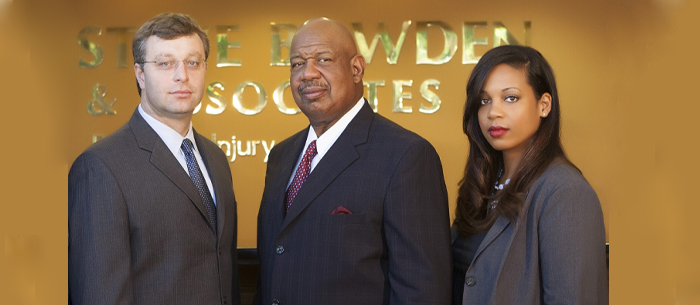A brain injury is one of the most serious types of injuries a person can suffer. Even what doctors may describe as a mild brain injury can cause some significant symptoms, including emotional problems, loss of memory and concentration and dizziness or other physical symptoms.
More serious brain injuries can leave a victim comatose or having to deal with profound emotional, physical and mental problems. Often, victims will require constant medical care and will not be able to return to work.
There are several ways in which a resident of the Greensboro area can suffer a brain injury, and these injuries can be grouped into two basic types.
Traumatic brain injuries frequently happen after motor vehicle accidents
Since they naturally involve force to the head, motor vehicle accidents often cause traumatic brain injuries. For example, in a pedestrian accident or motorcycle accident, the force of the impact can cause a severe brain injury.
Even when a person has the protection of a full-sized car, however, the accident can still put enough twisting or shaking force on a person’s head and neck to cause a brain injury.
There are other common causes for traumatic brain injuries, including falls or getting hit by a falling object.
When these sort of incidents are because someone else acted negligently, a North Carolina resident can seek compensation.
Medical malpractice is a frequent cause of a hypoxic brain injuries
A hypoxic brain injury is where the brain does not get physically damaged but is deprived of the oxygen it needs. Without an adequate oxygen supply, brain cells will begin to die, and the end result will be symptoms similar to a traumatic brain injury.
Like traumatic brain injuries, many conditions can cause brain hypoxia.
While sometimes the condition is unavoidable, too often, medical malpractice is a common cause of hypoxic brain injuries. Doctors who cause such injuries should pay their patients just compensation.
Mistakes prior to or during childbirth can leave a newborn suffering from long-term symptoms of brain hypoxia, including cerebral palsy.
Likewise, if a doctor fails to diagnose an oncoming stroke, the victim may suffer a hypoxic brain injury.


